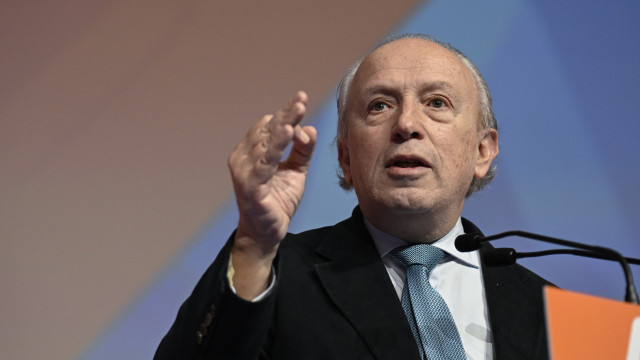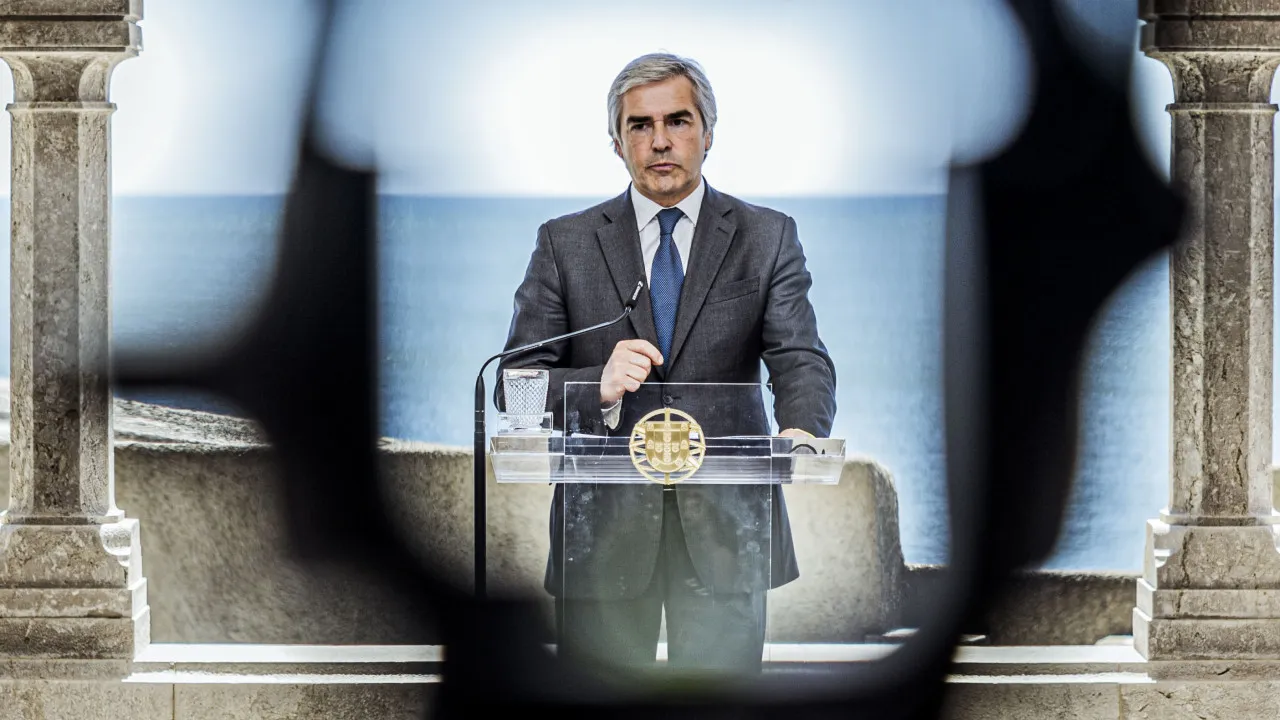
“We view this possibility, should it arise, with great caution, because […] it is important that there is balance in public policies, it is important to reinforce defense, but, on the other hand, there are other pillars of the European Union that cannot be weakened by this increase in defense spending,” stated Finance Minister Joaquim Miranda Sarmento in an interview.
At a time when Brussels is calling for increased security expenditure due to current geopolitical tensions, the Portuguese government official emphasized that it is “very important that the European Union maintains a strong cohesion policy.”
“It is not that defense is not also a very important issue at this moment, it is a public good […] in the sense that it protects all citizens within Europe’s borders, but cohesion is also very important” for Portugal, reinforced Joaquim Miranda Sarmento.
In early April, the European Commission proposed to the member states of the European Union (EU) a reallocation of Cohesion funds to promote military mobility and strengthen defense capabilities.
As one of the main community priorities, the proposal aims for EU countries to use current cohesion funds to build resilient infrastructures that promote military mobility and support the productive capacities of small and large companies in this sector.
This proposal emerged after Brussels put forward an 800 billion euro plan in early March to enhance the EU’s defense capabilities, which includes reallocating cohesion funds to invest in this sector.
Given the significance of cohesion amounts for Portugal, it is uncertain whether the country will resort to this aspect of the plan.
These changes to cohesion policy legislation, now proposed in the context of the 2025 mid-term review, will be discussed by the European Parliament and the Council, with the Commission aiming to conclude the reprogramming this year so that new programs can be implemented at the beginning of 2026.
Countries will have to revise their plans, and Brussels will need to give its approval for, ideally in January 2026, the changes to take effect.
With a budget of 392 billion euros for the current programming period of 2021-2027, cohesion policy is the EU’s main investment policy.
This cohesion policy funding for 2021-2027 is estimated to enable the creation of 1.3 million jobs across the 27 countries and increase the EU’s Gross Domestic Product (GDP) by an average of 0.5%.
In Portugal, one of the main beneficiaries of these funds, the cohesion policy funds are expected to grow the national GDP by an additional 3% by 2029.
The current EU framework foresees approximately 23 billion euros for Portugal to implement cohesion programs.
In addition to this measure, the European Commission has also indicated a willingness to explore new ways and options for financing defense efforts in the EU, given external and national proposals for a European mechanism or a temporary instrument.
Portugal advocates for a “common mechanism for defense coordination and financing of this effort.”
“It could be a mechanism such as the ESM [European Stability Mechanism, the eurozone’s rescue fund], with national contributions and subsequent debt issuance,” said Joaquim Miranda Sarmento in an interview, although acknowledging “doubts about subsidies” due to opposition from countries like Germany and the Netherlands.
Read more:




